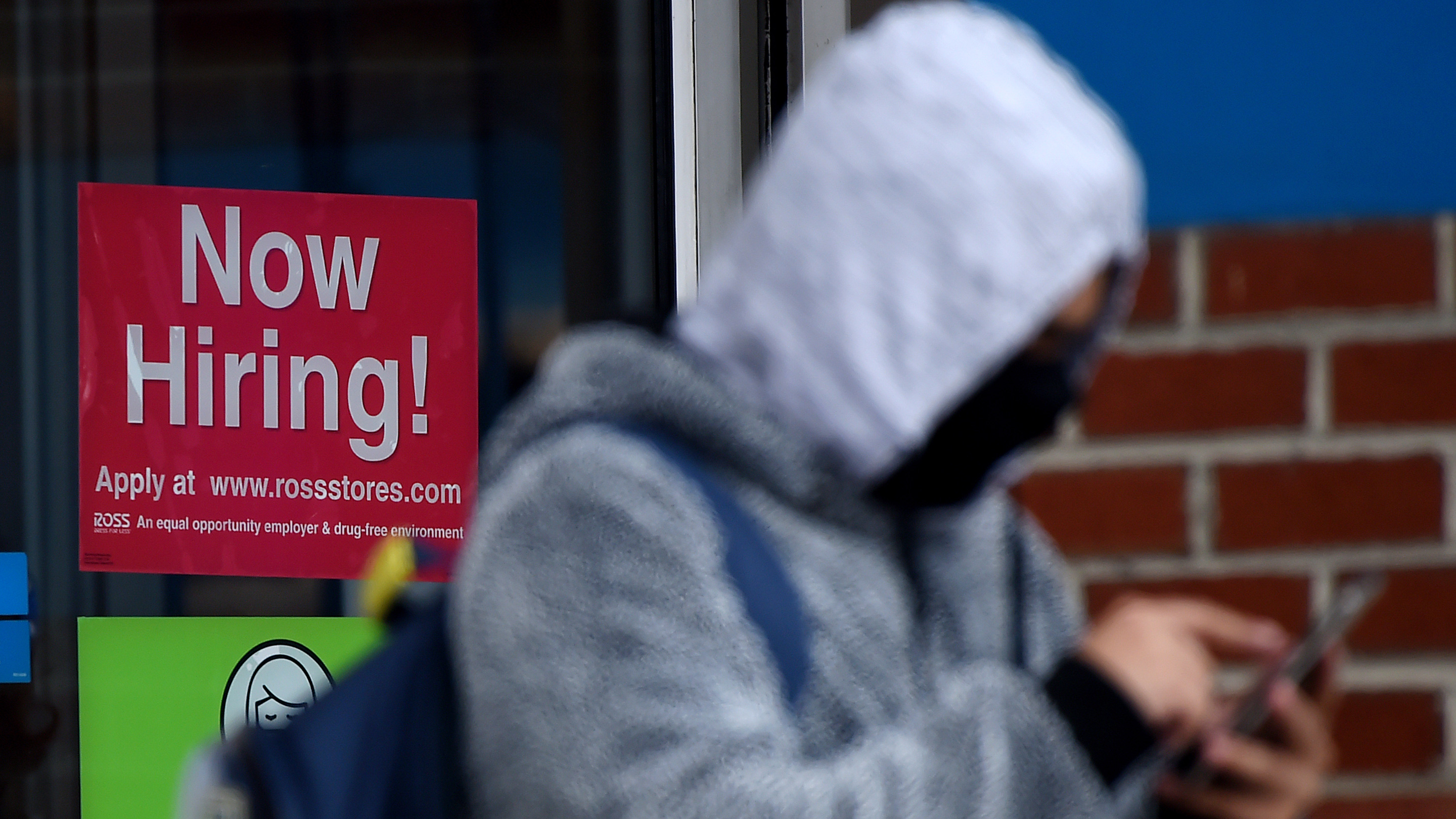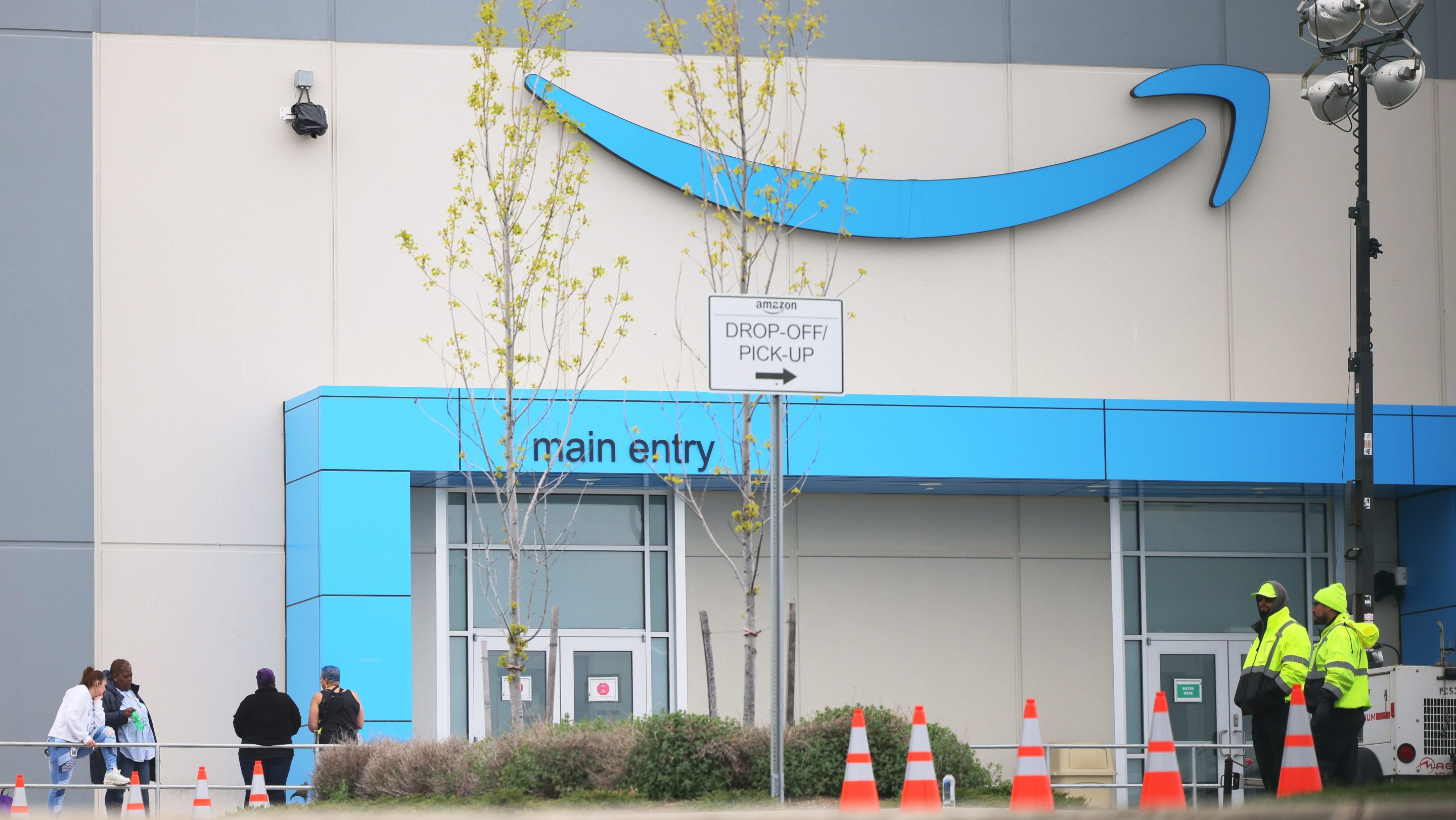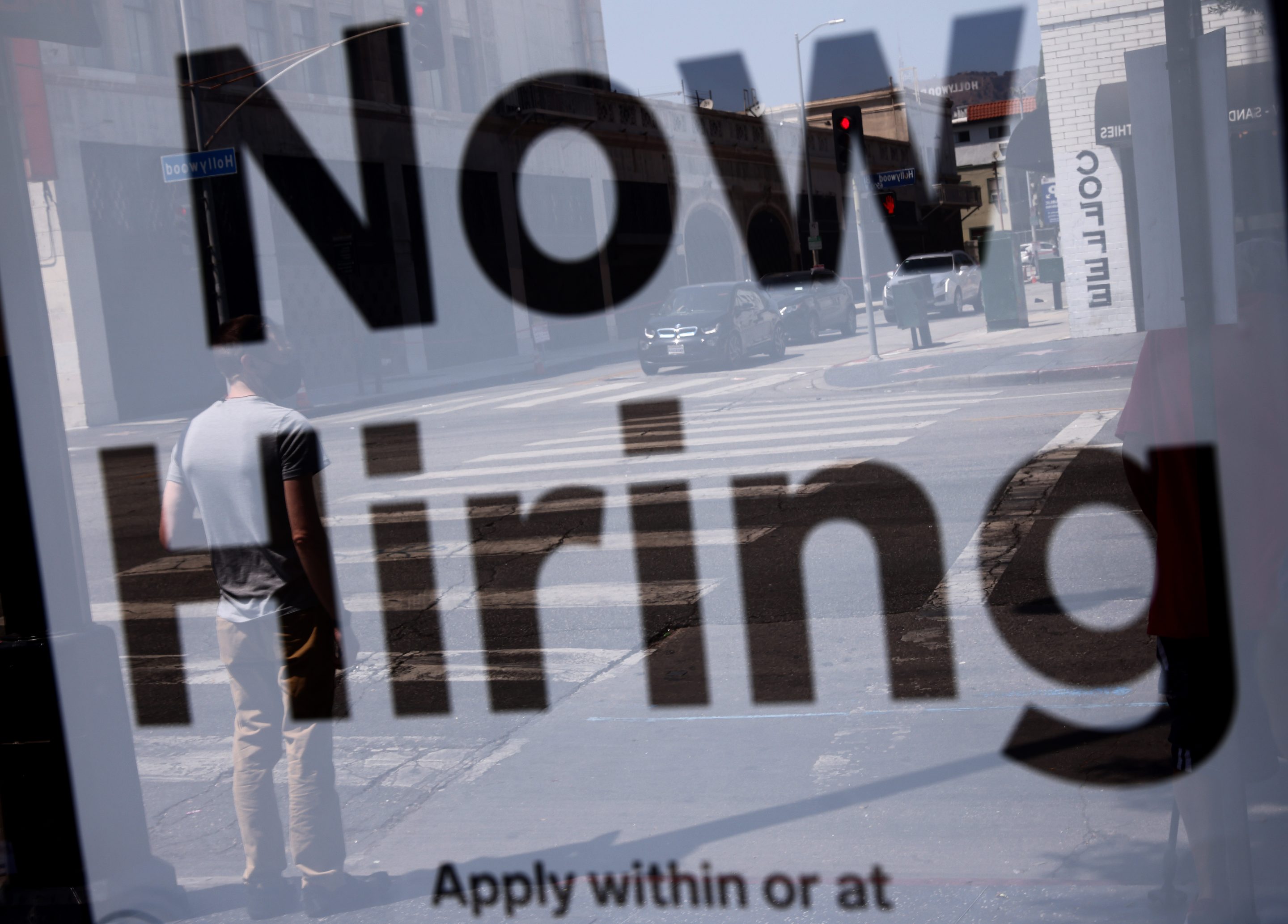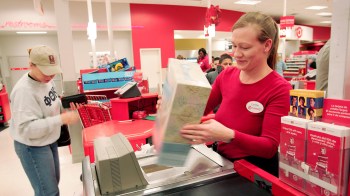Holiday hiring is a path to permanent jobs, for a few
This year’s holiday shopping spree will be preceded by a strong holiday hiring spree.
As big-box and online warehouse retailers announce their seasonal employment plans, economists are predicting 2014 will be the best year for holiday jobs since 1999, with more than 800,000 temporary hires in the final three months of the year. Retailers hired 786,200 seasonal workers in 2013, according to the annual forecast published by outplacement firm Challenger, Gray & Christmas.

Individual companies that serve the holiday trade have more robust hiring plans than last year. UPS has announced it will double its seasonal employment boost to 95,000. Amazon announced Thursday it will add 80,000 temps at fulfillment and sortation centers across the country, as it staffs up an expanding nationwide delivery network.
“Last year, Amazon converted thousands of seasonal employees into regular full-time roles after the holidays,” Amazon spokesperson Nina Lindsey says. “And we’re really excited to be expecting to do the same this year.” Last year, about 15 percent of temps who got holiday work were brought on for full-time, permanent jobs, according to the company’s press release.
Lindsey would not provide an average wage. According to one staffing agency, these jobs appear to offer above the minimum wage, in the $11 to $15 per hour range.
“In this kind of economy, with this lack of safety net, any job is often better than no job,” says Stephanie Luce, professor of labor studies at the City University of New York. But she also pointed out that many job-seekers are underemployed in this economy — working temporary or part-time jobs and wanting full-time permanent work.
“You’re taking this job — it might even be your second job or third job — but you’re just trying to patch together many temp jobs, seasonal jobs, part-time jobs to make a living,” Luce says. “And it’s not really not a sustainable model.”
Georgetown University public policy professor Harry Holzer, who served as chief economist in the Labor Department during the Clinton Administration, said many of these jobs don’t deliver a significant long-term benefit to job-seekers.
“If the job is really short-term, I doubt that anyone’s going to be impressed by it when they look at someone’s work experience,” said Holzer. “If it’s a little longer, and if you can argue that you picked up a skill on the job, then potentially it could have a positive effect.”
Holzer said that during the 1990s, when the U.S. had full employment, most people taking temporary seasonal jobs for the holidays probably wanted to work short-term to make extra money—either because they were semi-retired, or simply didn’t want year-round work. Now, he said, temporary seasonal workers are more likely to be people struggling with unemployment or underemployment.
There’s a lot happening in the world. Through it all, Marketplace is here for you.
You rely on Marketplace to break down the world’s events and tell you how it affects you in a fact-based, approachable way. We rely on your financial support to keep making that possible.
Your donation today powers the independent journalism that you rely on. For just $5/month, you can help sustain Marketplace so we can keep reporting on the things that matter to you.


















